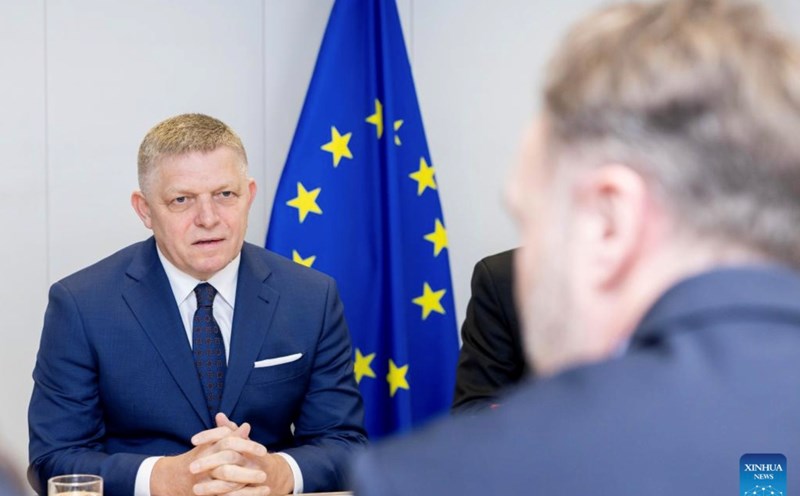According to Reuters, this shows that Eni continues to trade with Russia despite stopping the supply of Russian gas to the European market.
In a written response to shareholders' questions ahead of the annual meeting on May 14, Eni identified Algeria as the group's largest gas supplier in 2024, followed by Norway and Russia.
According to this answer, Russian gas accounts for 12% of Eni's total gas supply, equivalent to 6.2 billion cubic meters, sent to the Turkish market via the Blue Stream gas pipeline.
Earlier, in its annual report published in April 2025, Eni also admitted to buying Russian gas last year but did not specify the destination of the gas.
Eni stopped selling Russian gas in the European market and sued Russia's Gazprom Group after the Russia-Ukraine conflict broke out in February 2022.
The European Commission plans to propose legal measures in June to completely eliminate imports of Russian gas, including liquefied natural gas (LNG), by the end of 2027.
The European Union has imposed sanctions on coal and most of its oil imports from Russia, but has yet to impose sanctions on Russian gas due to opposition from Slovakia and Hungary.
Currently, Slovakia and Hungary still import Russian gas via pipelines. The two countries said that switching to alternative supply will increase domestic energy prices.
EU sanctions require the consent of all 27 member states.










